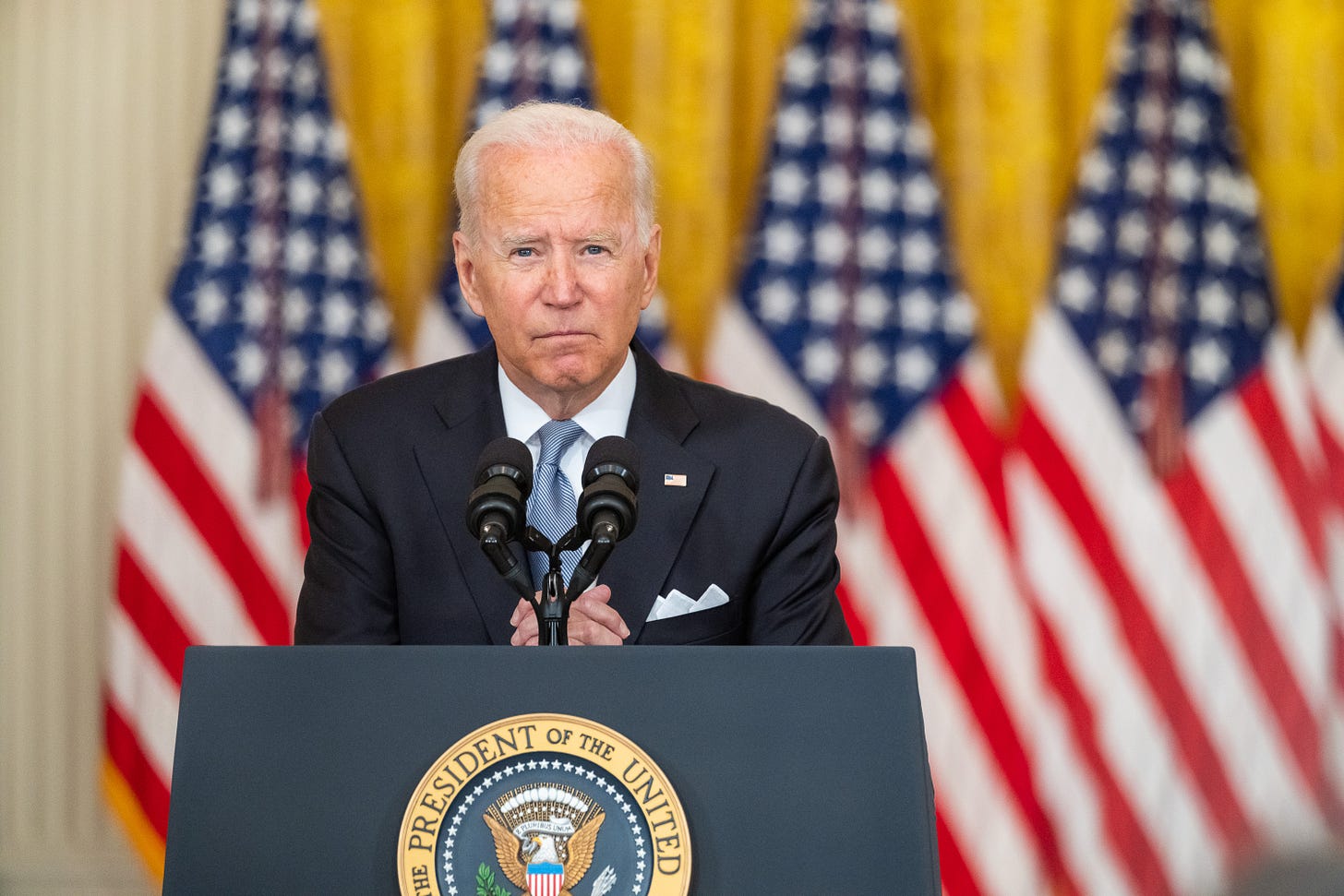On Afghanistan, Biden Takes the Wrong Lesson From King Solomon
Biden's decision to seize and split Afghanistan's Central Bank reserves as the nation sinks into poverty has received widespread ire.
It was virtually everything. Almost all of it. Nearly every cent. Almost $10 billion of the reserves of Afghanistan’s central bank had been stored overseas. The vast majority of that money, $7 billion, was stored in the United States, where it would always be safe for the Islam…
Keep reading with a 7-day free trial
Subscribe to Séamus Malekafzali to keep reading this post and get 7 days of free access to the full post archives.



